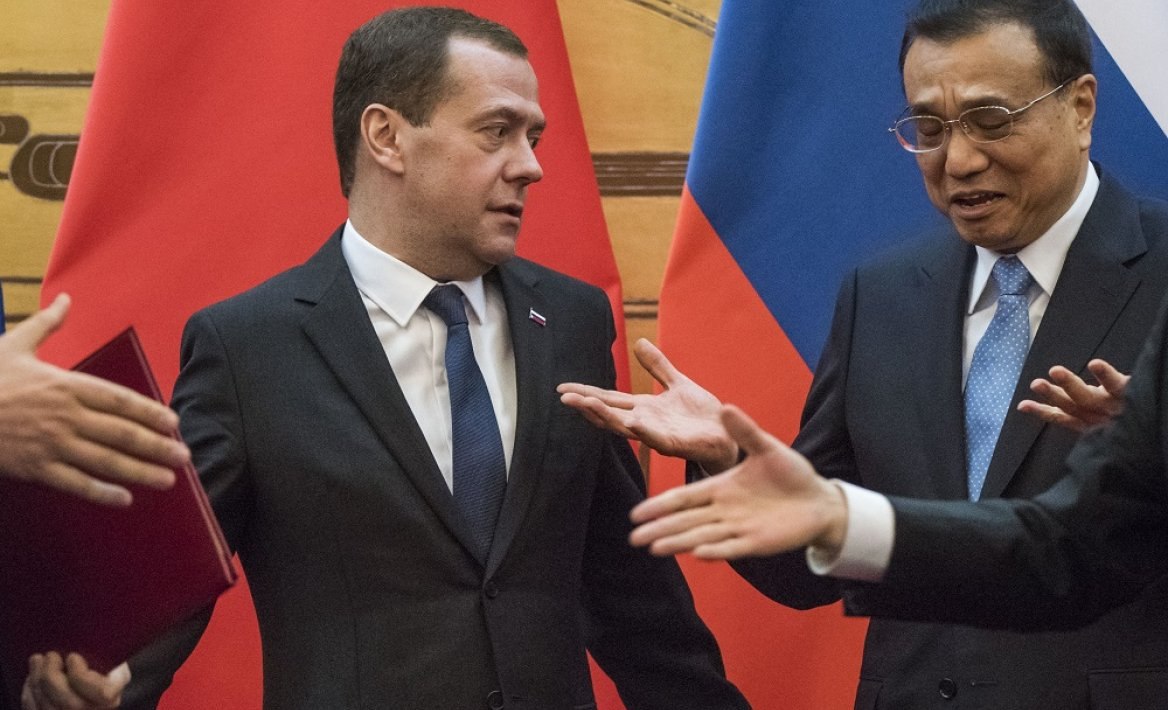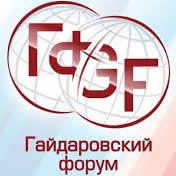(The New Turkey) Perhaps the most important geopolitical puzzle since the collapse of the Soviet Union 25 years ago has been whether the United States will reorient its grand strategy to contain and encircle another rising great power, which is most likely to be China. The default alternative is the continuation of the Cold War alliance structure with slight modifications, where Russia is perceived as an anti-American power that needs to be contained, whereas China continues to be the most favoured nation in economic terms as part of a quasi-appeasement strategy. Incoming president Donald J. Trump will have to confront this critical question, just as every president since George H. W. Bush, who presided over the dissolution of the Soviet Union, had to.
More importantly, incoming president Trump has given very meaningful signals that he is considering China as a geopolitical threat to the United States, and Russia as a potential ally in general, and possibly also in containing the threat from China. If Trump follows up on his messages in this direction after he assumes office on January 20, 2017, we might witness the most significant shift in world politics since the Sino-Soviet split, which the United States took advantage of especially after President Richard Nixon and Secretary of State Henry Kissinger’s visits to China in 1971-1972. […]
Read More © Politics Today (formerly The New Turkey)










